Filter by
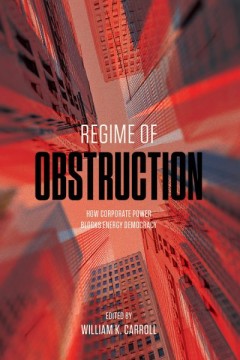
Regime of Obstruction How Corporate Power Blocks Energy Democracy
Contributions by Laurie Adkin, Angele Alook, Clifford Atleo, Emilia Belliveau-Thompson, John Bermingham, Paul Bowles, Gwendolyn Blue, Shannon Daub, Jessica Dempsey, Emily Eaton, Chuka Ejeckam, Simon Enoch, Nick Graham, Shane Gunster, Mark Hudson, Jouke Huizer, Ian Hussey, Emma Jackson, Michael Lang, James Lawson, Marc Lee, Fiona MacPhail, Alicia Massie, Kevin McCartney, Bob Neubauer, Eric Pinea…
- Edition
- -
- ISBN/ISSN
- 9781771992893.01
- Collation
- -
- Series Title
- -
- Call Number
- 6 x 9, 528 pages
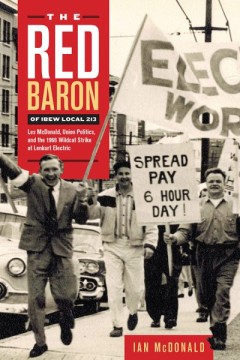
The Red Baron of IBEW Local 213 Les McDonald, Union Politics, and the 1966 W…
Referencing Local 213’s Minute Books, newspaper articles, collected correspondence, as well as dozens of personal interviews conducted by the author, this book examines the history of IBEW Local 213 in the turbulent years leading up to the Lenkurt strike. In addition to describing these events and their important historical ramifications, author Ian McDonald chronicles how his father helped t…
- Edition
- -
- ISBN/ISSN
- 9781771993487
- Collation
- -
- Series Title
- Working Canadians: Books from the CCLH
- Call Number
- -
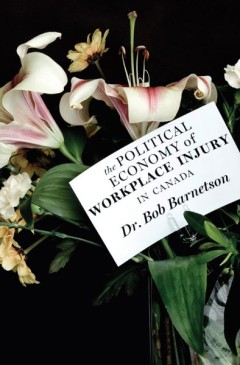
Political Economy of Workplace Injury in Canada
Workplace injuries are common, avoidable, and unacceptable. The Political Economy of Workplace Injury in Canada reveals how employers and governments engage in ineffective injury prevention efforts, intervening only when necessary to maintain the standard legitimacy. Barnetson sheds light on this faulty system, highlighting the way in which employers create dangerous work environments while the…
- Edition
- -
- ISBN/ISSN
- 9781926836003.01
- Collation
- -
- Series Title
- Fabriks: Studies in the Working Class
- Call Number
- 284 pages
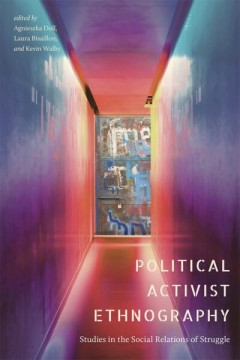
Political Activist Ethnography Studies in the Social Relations of Struggle
Featuring research from Aotearoa (New Zealand), Bangladesh, Canada, Poland, South Africa, and the United States on matters as diverse as anti-poverty organizing, prisoners’ re-entry, anti-fracking campaigns, left-inspired think-tank development, non-governmental partnerships, involuntary psychiatric admission, and perils of immigration medical examination, contributors to this volume adopt a …
- Edition
- -
- ISBN/ISSN
- 9781771993999
- Collation
- -
- Series Title
- -
- Call Number
- 6 x 9, 304 pages
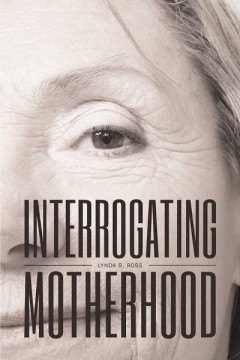
Interrogating Motherhood
Ross explores the topic of mothering from the perspective of Western society and encourages students and readers to identify and critique the historical, social, and political contexts in which mothers are understood. By examining popular culture, employment, public policy, poverty, “other” mothers, and mental health, Interrogating Motherhood describes the fluid and shifting nature of the p…
- Edition
- -
- ISBN/ISSN
- 9781771991438.01
- Collation
- -
- Series Title
- OPEL (Open Paths to Enriched Learning)
- Call Number
- 173 pages
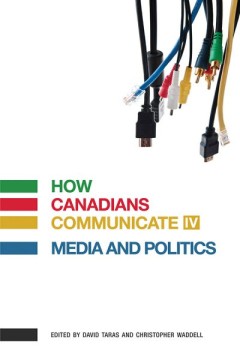
How Canadians Communicate IV Media and Politics
With contributions from such diverse figures as Elly Alboim, Richard Davis, Tom Flanagan, David Marshall, and Roger Epp, How Canadians Communicate IV is the most comprehensive review of political communication in Canada in over three decades – one that poses questions fundamental to the quality of public life.
- Edition
- -
- ISBN/ISSN
- 978-1-926836-81-2
- Collation
- -
- Series Title
- -
- Call Number
- -
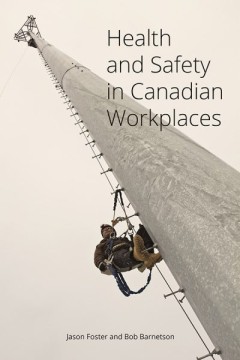
Health and Safety in Canadian Workplaces
Although they address the gendered and racialized dimensions of new work processes and structures in contemporary workplaces, Foster and Barnetson contend that the practice of occupational health and safety can only be understood if we acknowledge that workers and employers have conflicting interests. Who identifies what workplace hazards should be controlled is therefore a product of the broad…
- Edition
- -
- ISBN/ISSN
- 9781771991834.01
- Collation
- -
- Series Title
- OPEL (Open Paths to Enriched Learning)
- Call Number
- -
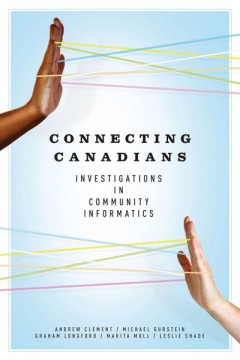
Connecting Canadians Investigations in Community Informatics
Funded for four years by the SSHRC’s Initiative for the New Economy, CRACIN systematically studied a wide variety of Canadian community ICT initiatives, bringing perspectives from sociology, computer science, critical theory, women’s studies, library and information sciences, and management studies to bear on networking technologies. A comprehensive thematic account of this in-depth researc…
- Edition
- -
- ISBN/ISSN
- 978-1-926836-04-1
- Collation
- -
- Series Title
- -
- Call Number
- 518 pages
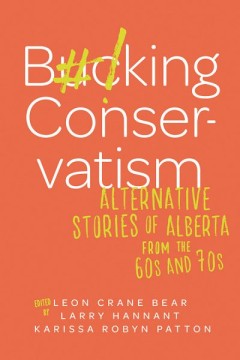
Bucking Conservatism Alternative Stories of Alberta from the 1960s and 1970s
With lively, informative contributions by both scholars and activists, Bucking Conservatism highlights the individuals and groups who challenged Alberta’s conservative status quo in the 1960s and 70s. Drawing on archival records, newspaper articles, police reports, and interviews, the contributors examine Alberta’s history through the eyes of Indigenous activists protesting discriminatory l…
- Edition
- -
- ISBN/ISSN
- 9781771992572.01
- Collation
- -
- Series Title
- -
- Call Number
- 368 pages
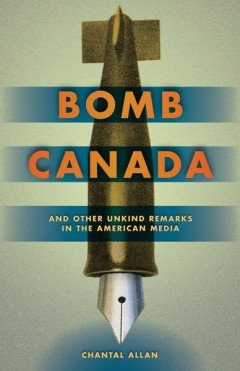
Bomb Canada and Other Unkind Remarks in the American Media
Canada and the United States. Two nations, one border, same continent. Anti-American sentiment in Canada is well documented, but what have Americans had to say about their northern neighbour? Allan examines how the American media has portrayed Canada, from Confederation to Obama’s election. By examining major events that have tested bilateral relations, Bomb Canada tracks the history of anti-…
- Edition
- -
- ISBN/ISSN
- 9781897425497.01
- Collation
- -
- Series Title
- Global Peace Studies
- Call Number
- -
 Computer Science, Information & General Works
Computer Science, Information & General Works  Philosophy & Psychology
Philosophy & Psychology  Religion
Religion  Social Sciences
Social Sciences  Language
Language  Pure Science
Pure Science  Applied Sciences
Applied Sciences  Art & Recreation
Art & Recreation  Literature
Literature  History & Geography
History & Geography